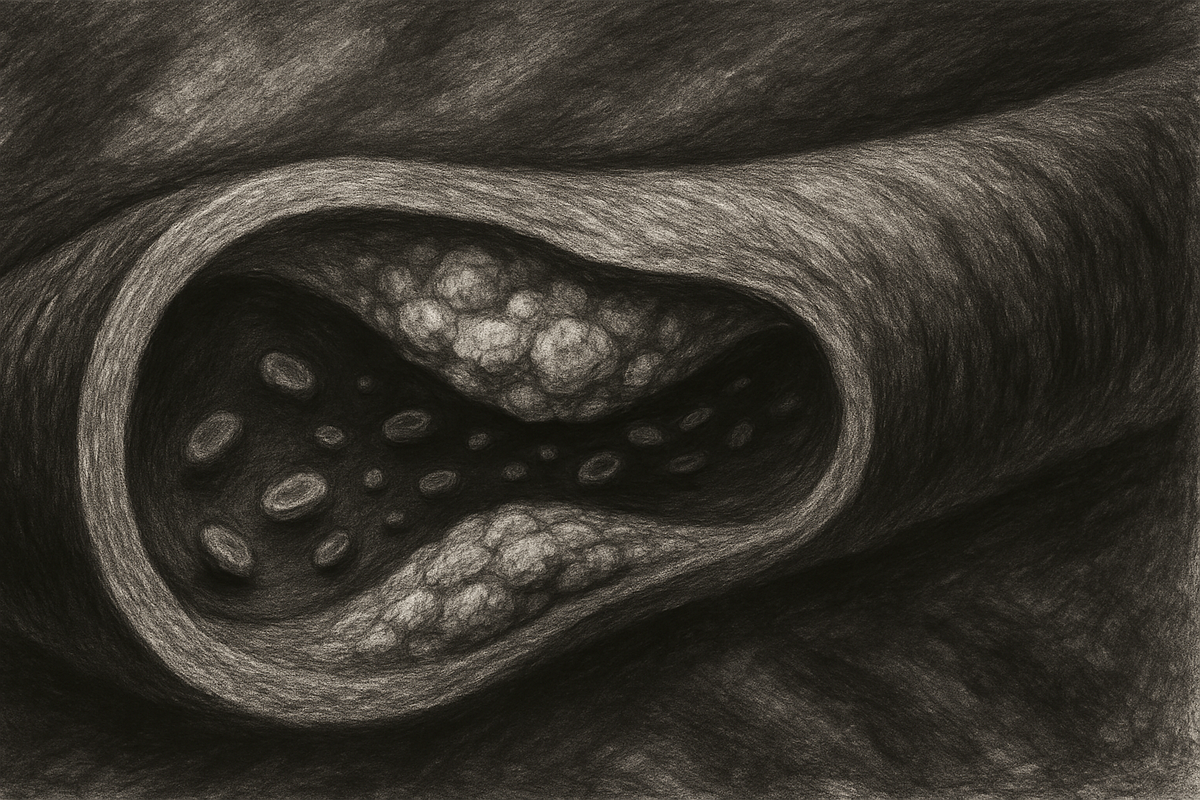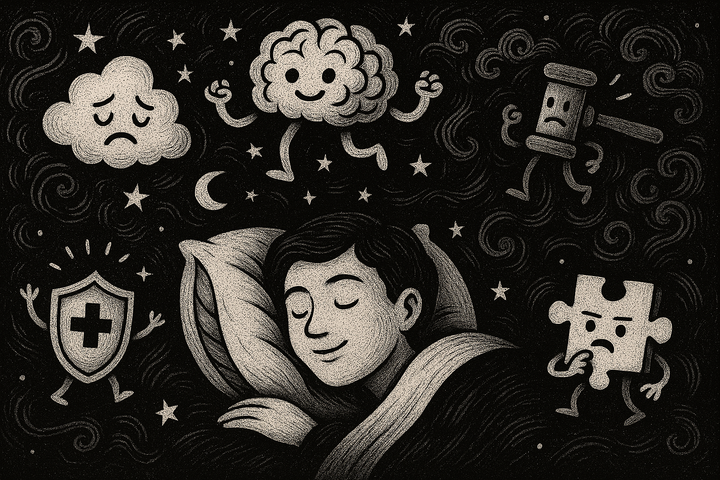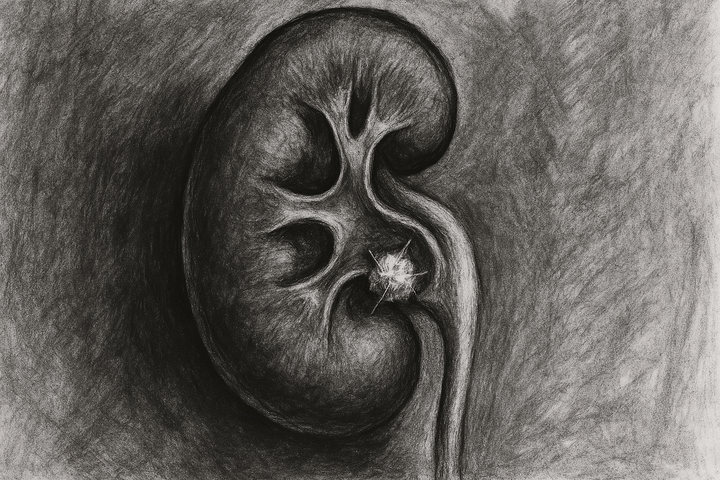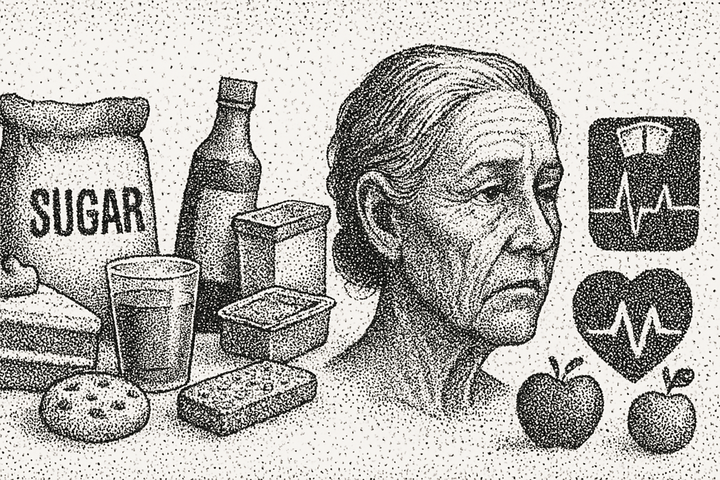Cholesterol: Friend or Foe?

What is Cholesterol?
Cholesterol is a lipid, a waxy, fat-like substance found in all cells of the body. It is essential for numerous physiological processes, yet its imbalance, particularly high levels of low-density lipoprotein (LDL) cholesterol, is a significant risk factor for cardiovascular diseases. This analysis will detail why cholesterol is necessary, differentiate between good and bad cholesterol, explain its uses, and outline evidence-based methods to lower bad cholesterol, supported by scientific literature and health guidelines.
The Role and Necessity of Cholesterol
Cholesterol serves several critical functions in the body, as identified through various health resources:
- Cell Membrane Structure: Cholesterol is a key component of cell membranes, providing stability and fluidity, which is essential for cell function and integrity. This is supported by sources like Cleveland Clinic (Cholesterol Overview).
- Hormone Production: It acts as a precursor for steroid hormones, including estrogen, testosterone, and cortisol, which are vital for reproductive health, stress response, and metabolic regulation. This is detailed in resources like Johns Hopkins Medicine (Cholesterol in Blood).
- Bile Acid Synthesis: The liver uses cholesterol to produce bile acids, necessary for the digestion and absorption of dietary fats, as noted in Healthline (Cholesterol Functions).
- Vitamin D Synthesis: When exposed to sunlight, cholesterol in the skin is converted to vitamin D, crucial for bone health and immune function, as mentioned in MedlinePlus (Cholesterol Basics).
The body synthesizes cholesterol, primarily in the liver, and also obtains it from dietary sources like meat, poultry, and dairy products. While essential, excess cholesterol, especially from diet, can contribute to health risks, necessitating a balanced approach.
Types of Cholesterol: LDL, HDL, and Triglycerides
Cholesterol is transported in the blood by lipoproteins, and understanding the types is key to managing health:
- Low-Density Lipoprotein (LDL): Referred to as "bad" cholesterol, LDL carries cholesterol from the liver to cells. High levels can lead to plaque buildup in arteries, a process called atherosclerosis, increasing risks of heart attack, stroke, and peripheral artery disease. This is well-documented by the American Heart Association (HDL and LDL) and CDC (LDL and HDL).
- High-Density Lipoprotein (HDL): Known as "good" cholesterol, HDL removes excess cholesterol from cells and arteries, transporting it back to the liver for processing or excretion. Higher HDL levels are associated with reduced heart disease risk, as noted in Keck Medicine of USC (Good vs. Bad Cholesterol).
- Triglycerides: These are another type of fat in the blood, used for energy. High levels, especially when combined with high LDL or low HDL, can increase cardiovascular risk, as highlighted by WebMD (Cholesterol Numbers).
The balance between LDL and HDL is crucial, with research suggesting that high LDL and low HDL levels are significant predictors of cardiovascular events, as seen in NHS Inform (High Cholesterol).
Uses of Cholesterol in the Body
Cholesterol’s roles extend beyond transport and include:
- Supporting cell membrane integrity, ensuring cells can function properly.
- Facilitating hormone production, which is critical for reproductive and stress-related processes.
- Aiding in bile production, essential for fat digestion, as detailed in Medical News Today (Cholesterol Functions).
- Contributing to vitamin D synthesis, important for bone health and immunity, as noted in Harvard Health (Cholesterol Production).
These functions underscore why cholesterol is indispensable, yet the focus on managing levels arises from the risks associated with excess, particularly LDL.
Strategies to Lower Bad Cholesterol (LDL)
Lowering LDL cholesterol is a key strategy for reducing cardiovascular risk, and evidence-based methods include:
- Dietary Modifications:
- Reduce Saturated and Trans Fats: These are found in red meat, full-fat dairy, and processed foods. Replacing them with unsaturated fats from olive oil, avocados, nuts, and seeds can lower LDL. This is supported by Harvard Health (Foods Lowering Cholesterol) and Mayo Clinic (Reduce Cholesterol).
- Increase Soluble Fiber: Foods like oats, beans, lentils, apples, and citrus fruits contain soluble fiber, which binds to cholesterol in the digestive system, reducing absorption. A systematic review in Nutrition, Metabolism and Cardiovascular Diseases found oats and beans particularly effective.
- Include Omega-3 Fatty Acids: Found in fatty fish (e.g., salmon), flaxseeds, and walnuts, omega-3s can lower triglycerides and may benefit HDL, as noted in Healthline (Lower Cholesterol Naturally).
- Choose Whole Grains: Opting for brown rice, quinoa, and whole-wheat bread over refined grains increases fiber intake, aiding LDL reduction.
- Plant Sterols and Stanols: Found in fortified foods or supplements, these can block cholesterol absorption, as mentioned in NHS (Lower Cholesterol).
- Regular Exercise: Aim for at least 30 minutes of moderate-intensity exercise most days, such as walking, cycling, or swimming. This can raise HDL and lower LDL, supported by Verywell Health (Reduce LDL).
- Weight Management: Losing excess weight, even 5-10%, can significantly reduce LDL levels, as noted in Cleveland Clinic (LDL Management).
- Quit Smoking: Smoking lowers HDL and damages blood vessels, increasing heart disease risk. Quitting can improve HDL and overall cardiovascular health, as detailed in NHS (Lower Cholesterol).
- Limit Alcohol Intake: Excessive alcohol can raise triglycerides, so moderation (up to one drink per day for women, two for men) is advised, as per BHF (Lower Cholesterol Questions).
These strategies are first-line recommendations in the 2018 AHA/ACC guidelines on blood cholesterol management, emphasizing lifestyle changes before considering medications like statins.
Scientific Evidence and Guidelines
The recommendations are supported by extensive research:
- A systematic review in Nutrition, Metabolism and Cardiovascular Diseases (2021) evaluated the effects of foods on LDL cholesterol, finding that oats, nuts, soy, and plant sterols significantly lower levels (Food Effects on LDL).
- The American Heart Association advisory on dietary cholesterol and cardiovascular risk (2019) suggests focusing on healthy dietary patterns like Mediterranean and DASH diets, which are low in cholesterol and support LDL reduction (AHA Advisory).
- The 2018 AHA/ACC guidelines emphasize lifestyle modifications as initial treatment, supported by randomized controlled trials showing LDL reduction reduces atherosclerotic cardiovascular disease risk (Cholesterol Guidelines).
Table: Summary of Cholesterol Types and Management Strategies
Conclusion
Cholesterol is indispensable for cell function, hormone production, bile synthesis, and vitamin D creation, yet managing levels, particularly lowering LDL, is crucial for heart health. By adopting a diet rich in fiber, healthy fats, and whole foods; exercising regularly; maintaining a healthy weight; quitting smoking; and limiting alcohol, individuals can effectively reduce LDL cholesterol. These strategies are backed by scientific research and guidelines, offering practical steps to protect cardiovascular health as of April 9, 2025.
Key Citations
- HDL (Good), LDL (Bad) Cholesterol and Triglycerides heart.org
- Top 5 lifestyle changes to improve your cholesterol mayoclinic.org
- 11 Foods that Lower Cholesterol health.harvard.edu
- Cholesterol Overview clevelandclinic.org
- Cholesterol in Blood hopkinsmedicine.org
- Cholesterol Functions healthline.com
- Cholesterol Basics medlineplus.gov
- Good vs. Bad Cholesterol keckmedicine.org
- LDL and HDL cdc.gov
- Cholesterol Numbers webmd.com
- High Cholesterol nhsinform.scot
- Foods Lowering Cholesterol health.harvard.edu
- Reduce Cholesterol mayoclinic.org
- Lower Cholesterol Naturally healthline.com
- Lower Cholesterol nhs.uk
- Reduce LDL verywellhealth.com
- LDL Management clevelandclinic.org
- Lower Cholesterol Questions bhf.org.uk
- Food Effects on LDL nmcd-journal.com
- AHA Advisory on Dietary Cholesterol ahajournals.org
- Cholesterol Management Guidelines ahajournals.org
- Cholesterol Production health.harvard.edu
- Cholesterol Functions medicalnewstoday.com




Comments ()